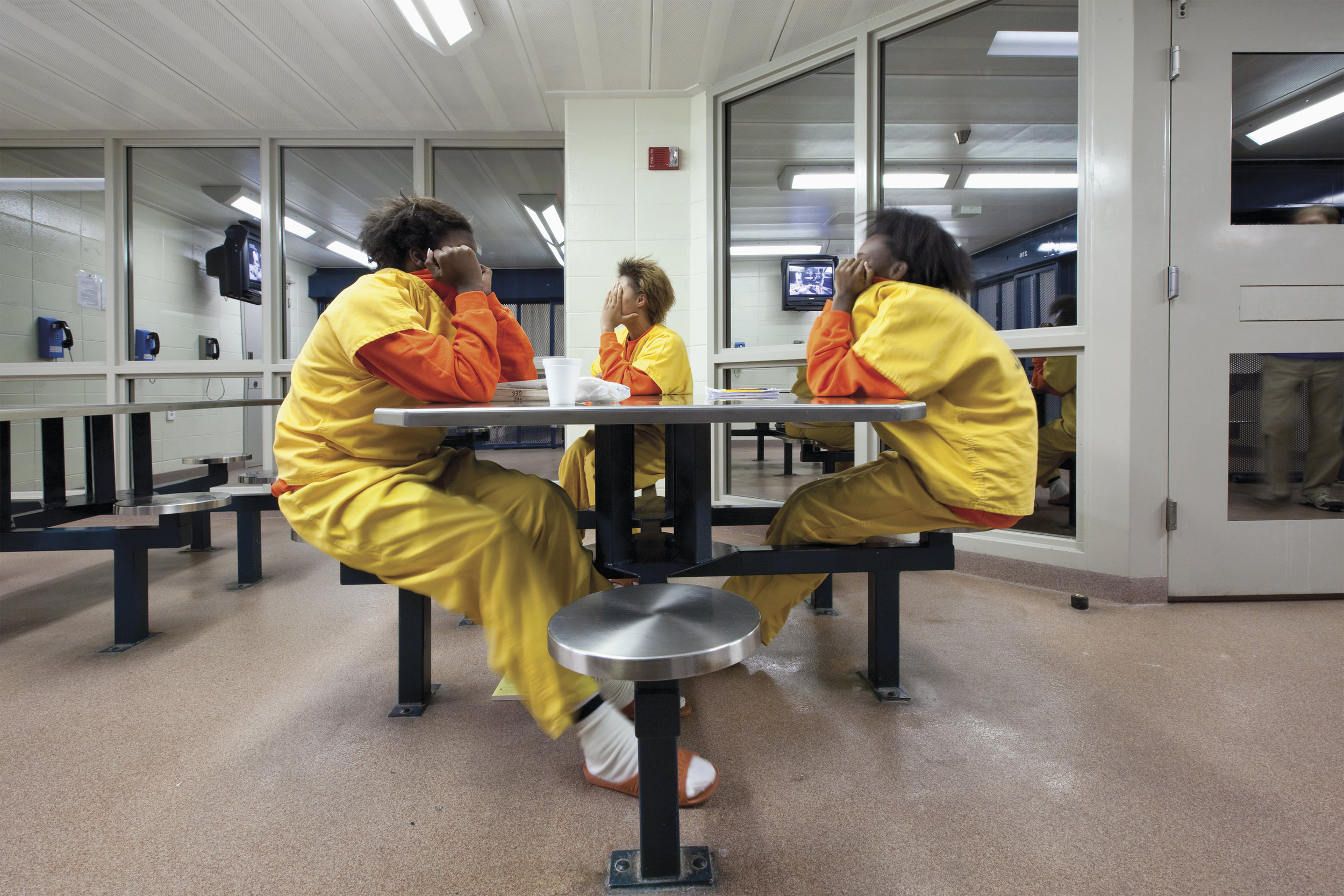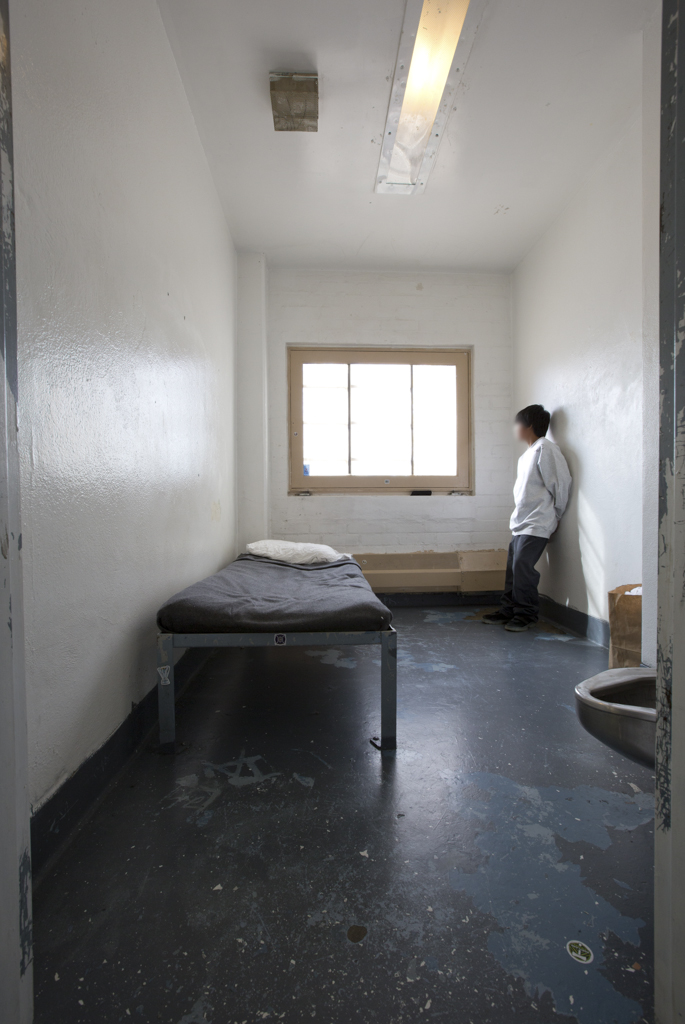This story is also featured on the San Francisco Chronicle
By Richard Ross
There is a growing problem of girls and law enforcement. The problem is not the violent catastrophic deaths that have captured the news. It is the slower escalation in how we treat the girls — no less life threatening and just as destructive. This is the world of institutional destruction of girls.
We have begun to recognize that juvenile detention institutions are no place for kids. There has been real progress made in reducing the number of children held in the system. Yet the population of girls is growing. Twenty years ago, the percentage of girls in the juvenile system was about 20 percent. Today, we are closer to 30 percent. We know the way to change this equation, but we need the resolve to do so.
These girls have to be looked at through the lens of trauma and exploitation. Nothing is accomplished by putting them in hard detention units and further traumatizing a very vulnerable, already damaged, population of kids. Many of these girls come from homes of neglect and abuse. More than three-quarters of them are in need of mental health services.
I watched a well-informed attorney discussing with a dedicated Alameda County Family Law Court judge discuss the practice of putting girls involved in sex trafficking and survival sex into detention. The attorney said there was a bright line — no child involved in sexual trafficking should be in detention. The response from the judge was that she had no other place to put the girl where she would be safe. The judge didn’t want her out on the streets and at risk in her environment.
Yet, if we lock up these kids for days, weeks or months, do we have a better solution for them when they exit? The damage done to kids in these institutions is statistically documented and overwhelming. Due to higher rates of exposure to trauma among girls, post-traumatic stress symptoms can worsen as a result of juvenile justice system involvement.
I am optimistic enough to believe that if we asked ourselves as a society, “Do we want to keep girls in an unhealthy environment where they experience abuse, violence and deprivation?” our answer would be a resounding, “no.”
What should we do if we know that the support for a child for one year in California public school is approximately $8,700 while the equivalent cost of a juvenile hall bed is about $150,000?
What if the solution were pointed to as better resources in the community and the costs were shown to be equal or less? Wouldn’t we be overjoyed? And would we really want to take kids from neighborhoods with the least resources and the least political power and harm them further? I can’t imagine this is who we are.
Isn’t it time we end this cycle and begin reallocating budgets from incarceration to resources in the communities where these kids stand at least a chance of success? We are doing this wrong, and there is a way to fix it. We can and must do better.











